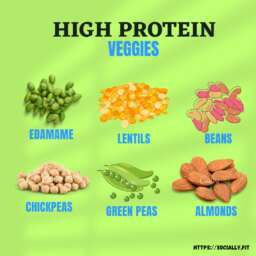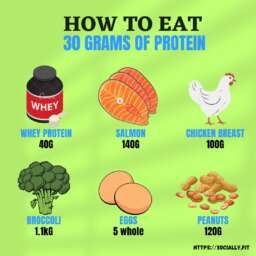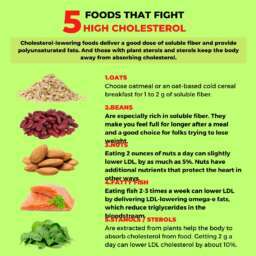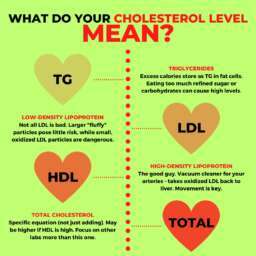Introduction
Embarking on a journey towards a healthier lifestyle often involves exploring various diet plans. One such regimen gaining popularity is the 7 day military diet. In this introduction, we’ll provide a brief overview of what the military diet entails, touching on its potential benefits and challenges.
The 7 day military diet is a structured eating plan designed for rapid weight loss. It operates on a weekly cycle, with each day featuring specific food combinations and calorie restrictions. The primary aim is to kickstart metabolism, encourage fat burning, and promote discipline in dietary habits.
Benefits and Potential Challenges
The military diet is known for its quick results, making it appealing to those seeking a short-term solution for shedding pounds. Supporters of the diet often praise its simplicity and the straightforward nature of the meal plans. However, like any diet, there are both advantages and challenges to consider.
Benefits:
- Rapid Weight Loss: Participants may experience noticeable weight loss within the 7-day duration.
- Structured Plan: The regimented nature of the diet can be helpful for individuals who thrive on a clear and defined eating routine.
- Metabolic Boost: The combination of specific foods is believed to enhance metabolism, aiding in fat burning.
Potential Challenges:
- Caloric Restriction: The diet involves significant calorie reduction, which may be challenging for some individuals.
- Limited Variety: The prescribed foods may lack variety, potentially leading to monotony in meals.
- Short-Term Focus: Critics argue that the diet’s effectiveness may diminish in the long run, emphasizing the need for sustainable lifestyle changes.
As we delve deeper into the 7 day military diet, we’ll explore each day’s breakdown, key ingredients, success stories, and expert opinions to provide you with a comprehensive understanding of this dietary approach. If you’re considering trying the military diet, understanding both its benefits and potential challenges is crucial for making informed decisions on your wellness journey.
Day-wise Breakdown of the 7-Day Military Diet
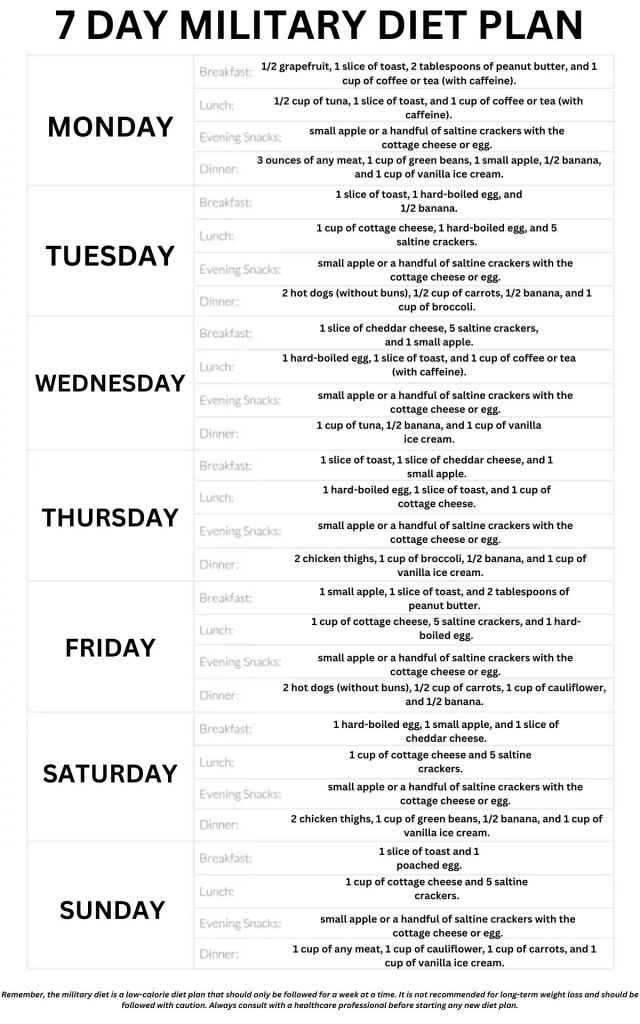
Day 1: Kickstarting the Journey
On the first day of the military diet, you’re setting the tone for the week. Focus on a mix of fruits, proteins, and low-calorie vegetables. This kickstarts your metabolism and initiates your journey towards healthier eating habits.
Day 2: Exploring Nutrient-Rich Foods
Day 2 delves into a variety of nutrient-rich foods, including leafy greens and high-fiber vegetables. This day aims to provide a spectrum of vitamins and minerals essential for optimal health.
Day 3: Incorporating Variety for Sustainability
Sustainability is key for any successful diet. Day 3 introduces a mix of fruits, vegetables, and proteins, ensuring a diverse and satisfying eating experience that you can sustain throughout the week.
Day 4: Balancing Proteins and Carbohydrates
Achieving a balance between proteins and carbohydrates is crucial for sustained energy. Day 4 strategically combines lean proteins and whole grains, maintaining energy levels and supporting your overall well-being.
Day 5: Understanding Portion Control
Portion control is a fundamental aspect of the military diet. Day 5 reinforces the importance of mindful eating and proper portion sizes, helping you understand how much your body truly needs.
Day 6: Hydration and its Role in the Diet
Staying hydrated is paramount for overall health. Day 6 emphasizes the significance of water intake to support metabolism, cleanse the body, and ensure you remain well-hydrated throughout the diet.
Day 7: Reflecting on the Week’s Progress
The final day is about reflection. Take a moment to assess your progress throughout the week, celebrate achievements, and consider how you can apply the lessons learned to your long-term dietary habits.
Embark on this 7-day journey with commitment and enthusiasm, and you’ll likely find yourself not only shedding pounds but adopting healthier lifestyle habits in the process.
Food Choices and Substitutions in the 7 Day Military Diet
A. Essential Food Items for the Military Diet
To make the most of the 7-day military diet, focus on incorporating essential food items that provide the necessary nutrients for your body’s optimal functioning. These include:
- Tuna: A lean protein source rich in omega-3 fatty acids.
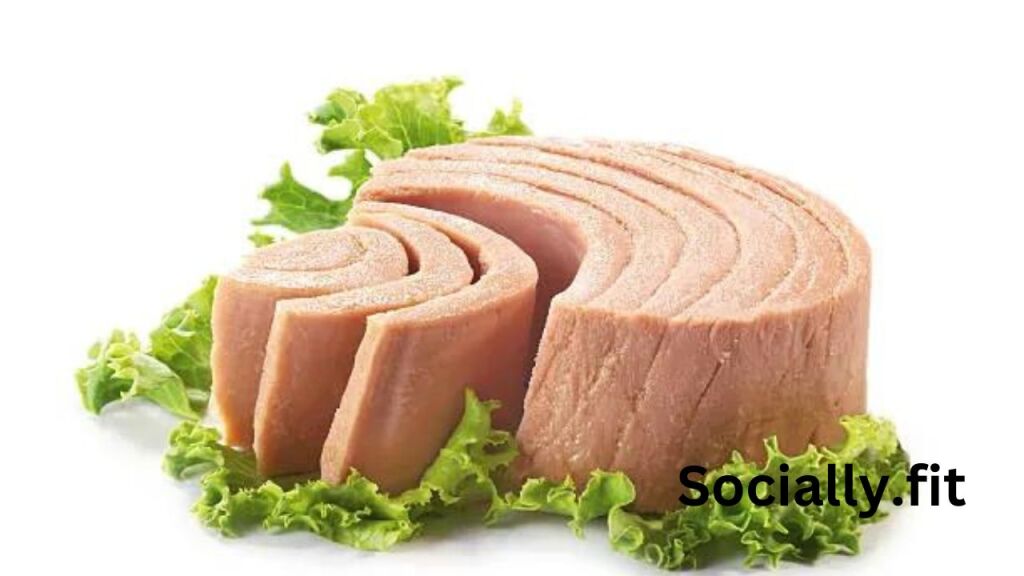
- Grapefruit: Packed with vitamins and antioxidants, promoting overall health.

- Broccoli: A nutrient-dense vegetable, high in fiber, vitamins, and minerals.

- Peanut Butter: A source of healthy fats and protein.

- Bananas: Providing potassium and natural sweetness.

These foundational foods ensure you receive a balanced array of nutrients while adhering to the military diet guidelines.
B. Potential Substitutions for Dietary Preferences
The military diet acknowledges that dietary preferences vary among individuals. Here are potential substitutions to accommodate different tastes and preferences:
- Vegetarian Alternatives: Replace meat with plant-based proteins like tofu, lentils, or beans.
- Dairy-Free Options: Opt for non-dairy alternatives such as almond or soy milk.
- Gluten-Free Substitutes: Choose gluten-free grains like quinoa or rice for those with gluten sensitivities.
Substituting items allows you to personalize the military diet according to your dietary needs without compromising its effectiveness.
C. Importance of Nutrient Diversity
Diverse nutrient intake is fundamental for overall health. By incorporating a variety of foods, you ensure your body receives a spectrum of essential vitamins, minerals, and other nutrients. This not only supports your immediate health goals but also contributes to long-term well-being.
In the context of the military diet, nutrient diversity helps prevent nutritional deficiencies, promotes a healthy metabolism, and supports various bodily functions. Aim for a colorful plate, including fruits, vegetables, lean proteins, and whole grains to achieve a well-rounded and nourishing diet.
Perplexity in the 7 Day Military Diet
A. Clarifying Misconceptions and Myths
Clearing up misconceptions surrounding the military diet is crucial for its successful implementation. Common myths, such as extreme restrictions or unsustainable practices, need debunking to ensure individuals approach the diet with accurate information and realistic expectations.
B. Addressing Common Challenges
Embarking on any dietary journey poses challenges. Addressing these challenges head-on is essential for sustained success. Common issues like cravings, social situations, and adapting to a new eating routine can be overcome with the right strategies and mindset.
C. Tips for Overcoming Plateaus
Plateaus in weight loss can be disheartening. Offering practical tips for overcoming plateaus, such as incorporating variety in food choices, adjusting calorie intake, or adding short bursts of exercise, helps individuals stay motivated and continue progressing.
Burstiness in Nutrient Intake
A. Optimizing Nutrient Intake for Energy
To maximize energy levels, optimizing nutrient intake is key. Focusing on nutrient-dense foods ensures a sustained release of energy throughout the day, supporting both physical and mental well-being.
B. Incorporating High-Burst Foods for Metabolic Boost
Certain foods provide a burst of energy, aiding in a metabolic boost. Including items like nuts, seeds, and whole grains in your diet can enhance vitality and contribute to overall metabolic efficiency.
C. Balancing Macronutrients Effectively
Balancing macronutrients—proteins, carbohydrates, and fats—is crucial for a well-rounded diet. Each macronutrient plays a unique role in the body, and finding the right balance ensures optimal health benefits.
Maintaining Specificity in Portion Control
A. Importance of Portion Control for Weight Management
Understanding the importance of portion control is fundamental for effective weight management. Portion control prevents overeating, aiding in calorie regulation and promoting a healthier relationship with food.
B. Practical Tips for Accurate Portion Measurements
Practical tips, such as using measuring cups, visual references, or even smaller plates, help individuals accurately measure portions without the need for complex calculations. This simplifies the process and encourages mindful eating.
C. Avoiding Overindulgence During the Diet
The psychological aspect of overindulgence is addressed by emphasizing mindfulness. Tips to savor each bite, eat slowly, and recognize satiety cues assist in avoiding overindulgence and staying on track with the military diet.
Contextual Considerations for Success
A. Understanding Individual Dietary Needs
Recognizing that everyone is unique, understanding individual dietary needs is paramount. Tailoring the military diet to personal preferences, allergies, and dietary restrictions ensures a more sustainable and enjoyable experience.
B. Adjusting the Diet Based on Lifestyle and Preferences
The success of the military diet lies in its adaptability. Encouraging individuals to adjust the diet based on their lifestyle, work schedules, and personal preferences fosters a realistic and achievable approach to health and wellness.
C. Seeking Professional Advice When Necessary
While the military diet is generally safe for most, seeking professional advice from a healthcare professional or a nutritionist is recommended, especially for individuals with existing health conditions or those unsure about specific dietary adjustments.
Engaging the Reader
A. Sharing Success Stories and Testimonials
Nothing motivates like success stories. Sharing real-life testimonials and success stories from individuals who have embraced the military diet adds a personal touch, inspiring and resonating with readers on their own journey.
B. Encouraging a Supportive Community
Building a supportive community around the military diet enhances the reader’s experience. Encouraging readers to connect, share tips, and provide mutual support fosters a sense of camaraderie, making the journey more enjoyable.
C. Emphasizing the Positive Impact on Well-being
Beyond just weight loss, emphasizing the positive impact on overall well-being is crucial. Improved energy levels, better mood, and enhanced mental clarity are aspects that contribute to a healthier and happier lifestyle.
Active Voice in Dietary Choices
A. Encouraging Proactive Decision-Making
Readers are empowered to take control of their dietary choices. Encouraging them to be proactive in making decisions about what they eat fosters a sense of ownership and responsibility for their health.
B. Highlighting the Importance of Conscious Food Choices
Conscious food choices are at the core of a successful diet. By highlighting the importance of being mindful about what goes into one’s body, readers are encouraged to make decisions that align with their health goals.
C. Empowering Individuals to Take Control of Their Diet
Empowerment is key. By instilling a sense of control and capability, individuals are motivated to actively participate in their diet, making informed choices that contribute to their overall well-being.
Keeping it Simple: Military Diet Simplified
A. Streamlining the Diet Plan for Accessibility
Simplicity is key to success. Streamlining the military diet plan makes it accessible to a broader audience. Clear guidelines, easy-to-follow instructions, and readily available ingredients contribute to a seamless and user-friendly experience.
B. Simplifying Meal Preparation and Planning
Meal preparation and planning can be overwhelming. Simplifying these aspects of the military diet involves providing straightforward recipes, time-saving tips, and batch-cooking ideas, ensuring that individuals can adhere to the plan without feeling burdened by complicated cooking routines.
C. Making Health-Conscious Choices Without Complications
Health-conscious choices need not be complicated. Guiding readers on making simple yet impactful choices, such as opting for whole foods, reducing processed items, and incorporating colorful vegetables, simplifies the journey to a healthier lifestyle.
Rhetorical Questions for Reflection
A. Encouraging Readers to Ponder Their Dietary Habits
Provoking thought is a powerful tool. Encouraging readers to ponder their current dietary habits through questions like, “Are my food choices aligned with my health goals?” prompts self-reflection and sets the stage for positive changes.
B. Promoting Self-Awareness Through Questioning
Questions can be a gateway to self-awareness. By posing inquiries like, “How does my body feel after different meals?” readers are prompted to become more conscious of the direct impact their dietary choices have on their well-being.
C. Inspiring Positive Changes in Lifestyle
Rhetorical questions can be inspirational. Questions such as, “What small changes can I make today for a healthier tomorrow?” inspire readers to consider practical and positive lifestyle adjustments, paving the way for long-term well-being.
Analogies and Metaphors: The 7 Day Military Diet Journey
A. Describing the Diet as a Mission for Health
Comparing the military diet to a mission for health adds a sense of purpose. This analogy emphasizes commitment, discipline, and the journey’s transformative nature, making the pursuit of health feel like a noble undertaking.
B. Metaphorical Comparisons to Illustrate Key Concepts
Metaphors simplify complex concepts. Comparing the body to a well-oiled machine or the diet to a toolkit helps illustrate key concepts, making them more digestible and relatable for readers.
C. Making the Journey Relatable Through Storytelling
Storytelling engages readers emotionally. Sharing relatable stories about individuals overcoming challenges or experiencing positive transformations on the military diet makes the journey more tangible and inspiring for others.
Conclusion
A. Summarizing the Key Takeaways from the 7-Day Military Diet
In summary, the 7-day military diet provides a structured and effective approach to kickstart a journey towards better health. Emphasizing a mix of nutrient-rich foods, portion control, and hydration, this diet aims to foster sustainable habits. The day-wise breakdown, food choices, and contextual considerations all play a role in shaping a healthier lifestyle.
B. Reinforcing the Importance of Sustainable Dietary Choices
Beyond the week-long commitment, the military diet encourages individuals to make sustainable dietary choices. This isn’t just about shedding pounds but adopting a balanced, varied diet for long-term well-being. The emphasis on understanding individual needs and adjusting the plan accordingly reinforces the importance of a flexible and sustainable approach.
FAQs
A. What if I don’t like certain foods in the military diet?
The military diet allows for substitutions based on personal preferences. Feel free to swap foods while maintaining the overall nutritional balance.
B. Can I exercise while on the 7 day military diet?
Yes, incorporating moderate exercise is encouraged. It can enhance the benefits of the diet and contribute to overall health and fitness.
C. Is the military diet suitable for everyone?
While generally safe for most people, it’s advisable to consult with a healthcare professional, especially for individuals with existing health conditions.
D. How can I prevent feeling hungry during the diet?
Staying hydrated and including fiber-rich foods can help curb hunger. Listen to your body and eat when hungry, but be mindful of portion sizes.
E. Are there long-term health considerations with this diet?
For sustainable results, consider transitioning to a balanced, varied diet after completing the 7-day military diet. Consultation with a nutritionist is recommended for long-term health goals.
Click here to learn more about weight loss and workout videos.








